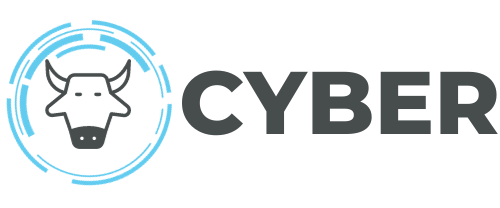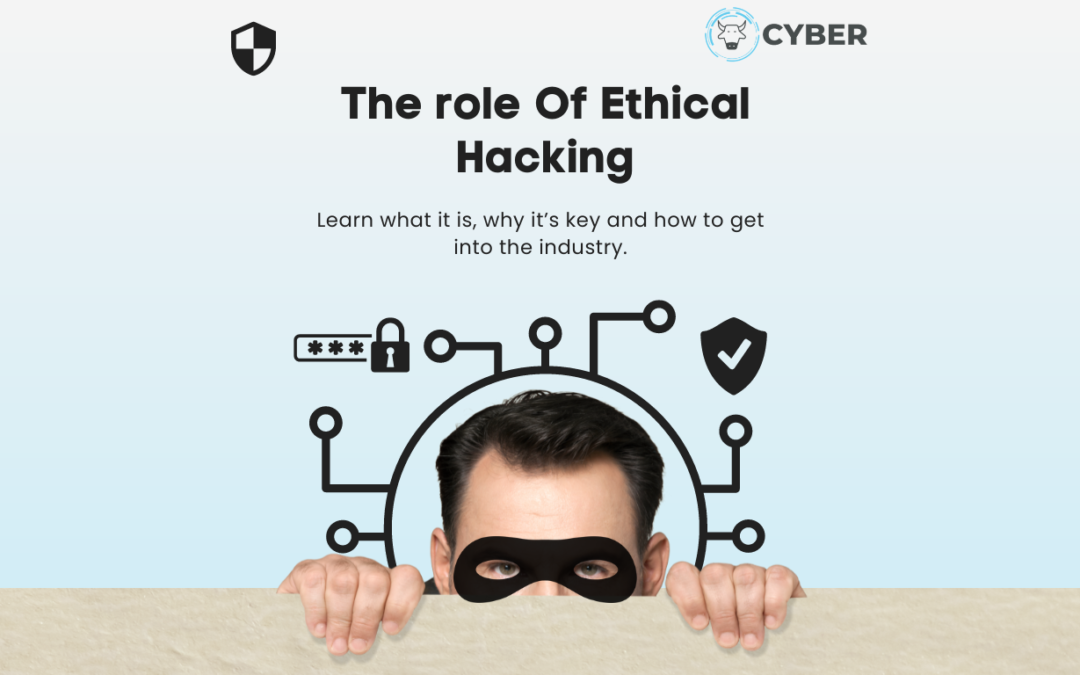Curious about ethical hacking? This article demystifies the world of ethical hacking, explaining what it is, its societal benefits, and how to pursue a career in this exciting industry. Whether you’re a tech enthusiast or considering a career change, OxCyber will provide valuable insights into the world of ethical hacking.
What is Ethical Hacking?
Ethical hacking, also known as penetration testing or white-hat hacking, is the practice of intentionally probing and assessing the security of computer systems, networks, and applications to uncover vulnerabilities and weaknesses. The goal of ethical hacking is to identify and address potential security threats before malicious hackers can exploit them for nefarious purposes.
It’s important to distinguish ethical hacking from malicious hacking, as ethical hackers operate with the explicit permission of the organisation or individual whose systems they are testing. This is in stark contrast to malicious hackers who unlawfully access computer systems and applications with the intent to steal sensitive information, disrupt operations, or cause harm.
The significance of ethical hacking in cybersecurity cannot be overstated. By proactively identifying and addressing security vulnerabilities, ethical hackers play a crucial role in fortifying the defences of organisations and individuals against cyber threats.
Societal Benefits of Ethical Hacking
The practice of ethical hacking offers several societal benefits, including the protection of sensitive data and information, the prevention of cyber attacks and data breaches, and the contribution to national security and public safety.
Ethical hackers help safeguard sensitive data and information by identifying and rectifying security weaknesses that could otherwise be exploited by malicious actors. This is particularly important in industries such as finance, healthcare, and government, where the confidentiality and integrity of data are paramount.
Furthermore, ethical hacking aids in the prevention of cyber attacks and data breaches by proactively identifying and addressing vulnerabilities before they can be exploited. This proactive approach to cybersecurity is instrumental in mitigating the risk of costly and damaging security incidents.
Additionally, ethical hacking contributes to national security and public safety by helping government agencies and critical infrastructure providers identify and address security gaps that could be exploited by cyber adversaries.
How to Pursue a Career in Ethical Hacking
Individuals interested in pursuing a career in ethical hacking typically need a strong foundation in computer science, information technology, or cybersecurity. Educational requirements often include a bachelor’s degree in a relevant field, along with industry-recognised certifications such as the Certified Ethical Hacker (CEH) certification.
Technical skills and knowledge in areas such as network security, cryptography, and secure coding practices are also essential for aspiring ethical hackers. Gaining practical experience through internships, projects, and participation in cybersecurity competitions can further enhance one’s qualifications in this field.
Ethical Hacking Tools and Techniques
Ethical hackers utilise a variety of tools and techniques to assess the security posture of computer systems and networks. Common ethical hacking tools include vulnerability scanners, network sniffers, password cracking tools, and exploit frameworks. Techniques such as social engineering, penetration testing, and threat modelling are also employed to uncover and address security vulnerabilities.
Staying updated with the latest tools and techniques is crucial for ethical hackers to effectively identify and mitigate emerging security threats.
Ethical Hacking in Practice
Real-life examples of ethical hacking success stories abound, demonstrating the tangible impact of ethical hacking in enhancing cybersecurity. Ethical hackers have uncovered critical vulnerabilities in widely used software and systems, thereby preventing potential security breaches and data leaks.
Ethical hacking is not limited to any specific industry or sector, as organisations across the board can benefit from the expertise of ethical hackers in fortifying their cyber defences. By adopting a proactive approach to cybersecurity, ethical hacking helps organisations stay one step ahead of cyber threats.
TL;DR:
Ethical hacking plays a pivotal role in fortifying the cybersecurity posture of organisations and individuals. The societal benefits of ethical hacking are far-reaching, encompassing the protection of sensitive data, the prevention of cyber attacks, and the enhancement of national security.
For those interested in pursuing a career in ethical hacking, the field offers a wealth of opportunities for individuals with the right blend of education, skills, and practical experience. As the current and future state of cybersecurity continues to evolve, ethical hacking will remain a critical component of comprehensive cybersecurity solutions.
As Albert Einstein once said, “The important thing is not to stop questioning. Curiosity has its own reason for existing.” For those curious about ethical hacking, the journey into this dynamic and rewarding industry begins with a thirst for knowledge and a commitment to ethical and responsible cybersecurity practices. The future of ethical hacking and cybersecurity holds immense promise, and those embarking on this path are poised to make meaningful contributions to the digital world’s safety and security.

